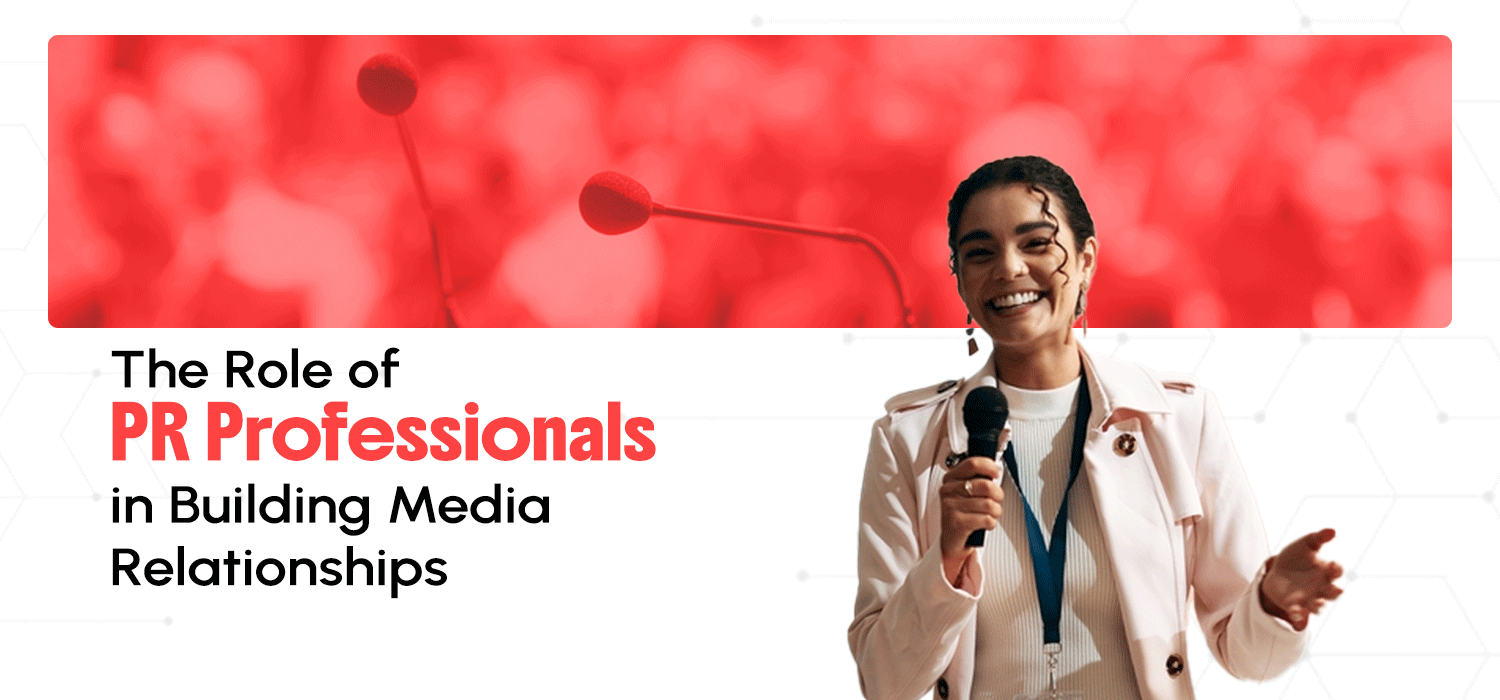As a PR professional, media coverage is the best way to get noticed, whether you are looking to boost your client’s public profile or generate awareness about their new product. As a PR professional with limited resources, creating the kind of publicity to help your client’s business grow can take a lot of work; however, getting successful media coverage results from hard work and careful planning. In this blog post, we’ll outline proven strategies to build media relationships and get the right media coverage for your clients.
Identify Your Target Media Outlets
The first step to building an effective media relationship for your PR campaign is to become aware of the news insights and trends in the media relevant to your industry. Identify the media outlets most relevant to your industry and target audience. This could include industry-specific publications, local newspapers, national news outlets, or niche blogs. Research the publications or journalists that cover your industry and make a list of the ones you want to target.
Start with a clear strategy
To build effective media relationships, it is imperative to chalk out a robust campaign strategy. Approaching a journalist without a half-baked strategy leaves a wrong impression about your agency and your approach. It is pivotal that your strategy includes relevant points like why your client is unique, your client’s potential, and why media should cover your client’s product and services. The strategy document can be lengthy or brief; however, including it will enhance your chance to build a better media relationship.
Develop a compelling story
Once you’ve identified you developed an effective PR strategy and identified your relevant media outlets, it’s time to develop a strong story that will grab their attention. The best way to capture the media’s attention is to create and present your client’s company story through impactful press releases. Alongside developing their personal story, this will give a face to the client and a human element which will attract media attention. Be sure to personalize your pitch for each journalist or publication and explain why your story is relevant to their audience.
Focus on the right people
It is pertinent to identify the right people in the media and build your relationship with them. It’s not enough to find a contact to network, identify the right people and make connections. This is the mantra to build a successful media relationship. In today’s fast-paced environment, it is challenging to strike a connection with every media person. Therefore, it is imperative to identify the right people from media outlets dedicated to your industry and build relationships.
Being Responsive
Being responsive is a pertinent step in building media relationships. Journalists work on deadlines. However, being prompt to respond to their queries establishes you as a reliable source to the journalists. This responsiveness gradually fosters a strong relationship between the PR professional and the journalist, which will help get a more comprehensive coverage of the stories. Therefore, a PR professional must be available to answer the questions and offer reliable information.
Be Respectful
Respect is fundamental to building a good media relationship. Always respect a journalist’s role and time, as journalists work under strict deadlines. Understanding a journalist’s time constraint offers relevant information to the story. Avoid giving ambiguous facts or half-baked information, which can be considered a waste of time. It is important to choose meaningful journalism. Try to avoid puff pieces to feature your clients and choose more meaningful stories.
To build effective media relationships, it is essential to understand that quality matters more than quantity. You can harness good media rapport by creating an impactful media campaign strategy. By understanding that journalists have a time constraint and giving due respect to their time and role, a good PR professional provide a good story pitch and relevant information that will help journalists choose them more often for stories. It is imperative to conduct thorough research to identify which media outlet is appropriate for their industry. This creates a meaningful impact on media as there is nothing worse than pitching a media unrelated to the industry, as it leaves a wrong impression about you and your client.

